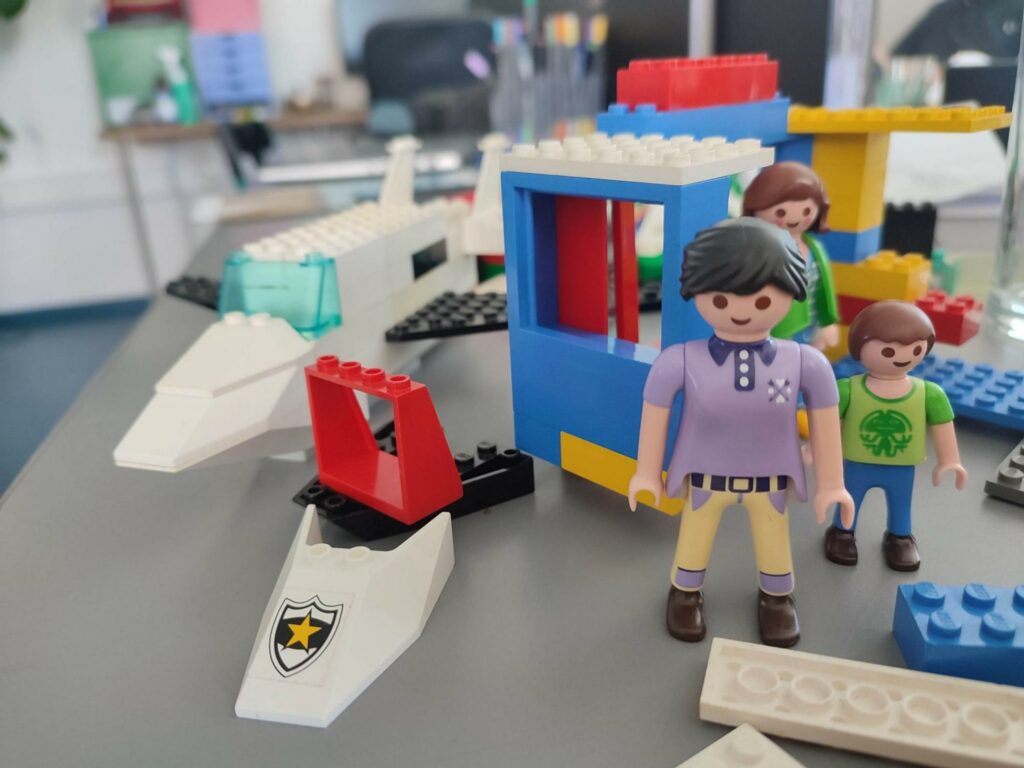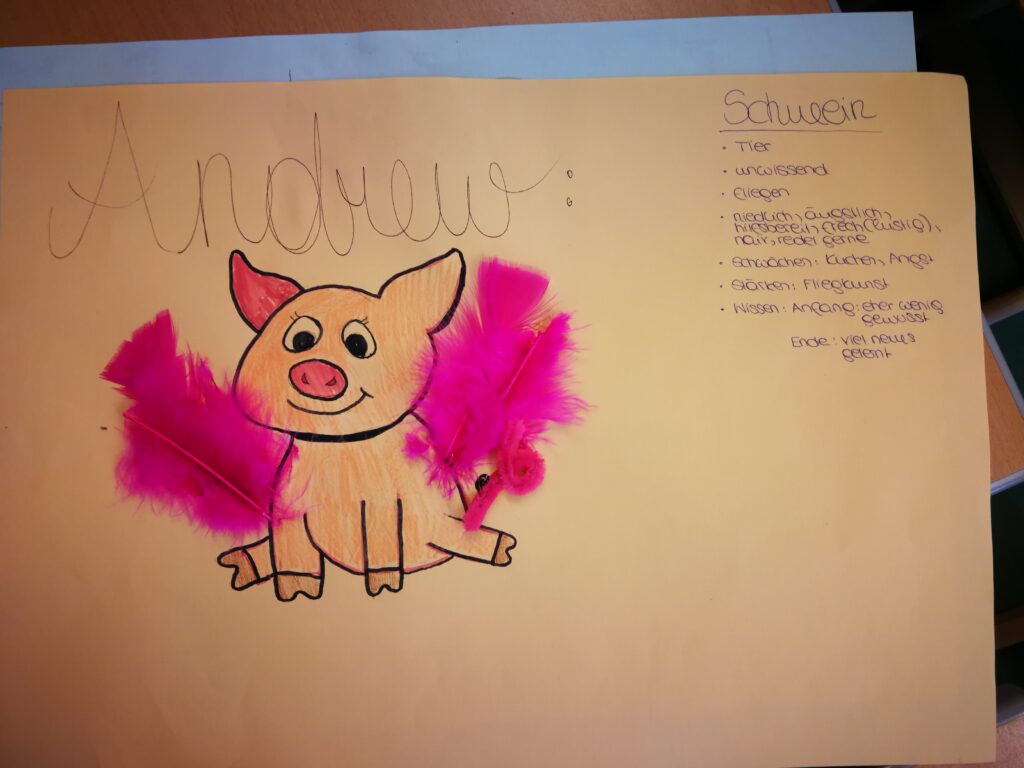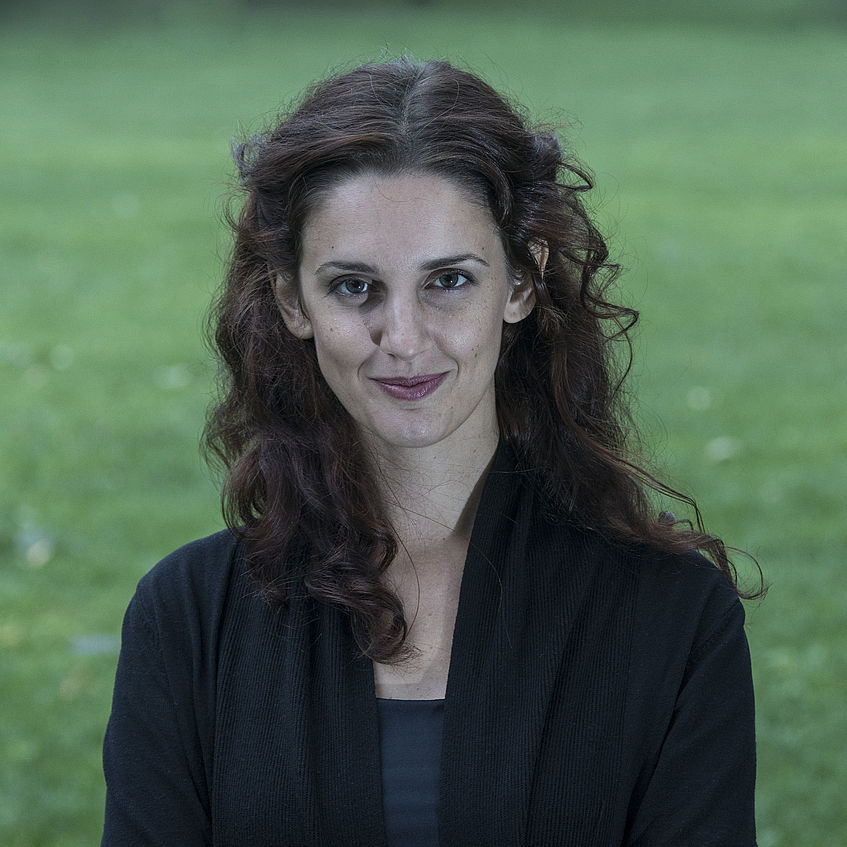Here comes another post in our ‘An Interview With…’ series. ENPA Convenor, Suzana Jovičić offers her amusing reflections.
How did you become interested in psychological anthropology?
It all started in a small, old mining town that I was determined to leave after school because coal mining was slowly going out of fashion and my back was bad anyway. So, I googled the University of Vienna and a beautiful 19th century building popped up on Google Images. I signed up for the BA programme that looked most interesting because it contained the most letters and formed words I didn’t understand (“social and cultural anthropology” just rolls off the tongue of first-gens). Ironically, this decision forever destroyed my enjoyment of looking at beautiful old buildings because, as I soon found out, they almost always involved old white rich men with questionable colonial connections. Having finally (sort of) understood what this anthropology was all about, I wondered where people’s minds, bodies and souls went, so I googled psychological anthropology and signed up for the first course that came up (there might be a pattern). This time, architectural aesthetics obviously played a lesser role, as the building in question (Brunel University) was once voted one of the 10 ugliest buildings in the UK and was one of the film sets for Clockwork Orange (a film about a psychopath, which is never a good sign). Fortunately, the university is set amidst beautiful meadows, rivers and apple trees, which proved to be a suitable setting for the revisitation of mind, body and soul (and, given UK tuition fees, for getting rid of all worldly possessions).
What are you currently working on?
Since I have fallen victim to Google Search Engine Optimisation for most of my academic choices, I thought I should find out more about this “internet” thing. So currently I’m preparing a project on smartphone addiction, which is probably an excuse to de-pathologise my own procrastination of scrolling through Instagram videos instead of writing books and papers (dear funders, please move along, nothing to see here). In order to keep my worldly possessions to a minimum and ensure precarious working conditions and poor mental health in the long run, I have also decided to start psychotherapy training. According to my latest psycho-bill, it seems to be working.


What has been your most exciting research moment?
Basically, every time a person doesn’t run away as soon as I mention research. Things like, playing a Mario Cart race in a youth centre during my previous research and being shouted at that my driving licence should be taken away (it probably should). Showing short films made as part of a participatory research project with teenagers at a local cinema and asking my reluctant filmmakers in the subsequent public Q&A what the process was like for them after showering them with months’ worth of work and expensive equipment. “Wonderful,” said one girl, while giving me an amused look and asking me if that was the right answer. “Can I go out now”, yelled another, nervously fidgeting with a cigarette. Then, having the same filmmakers rave about the free meal at a (pretty good) sushi restaurant nearby, showing emotion for the first time in months. Learning that food should definitely be a priority when planning funding for research projects.
Outside fieldwork – every time Endnote (et al.) pulls out a complete reference (I hope this is going to age badly, given the current AI advances).
What are some of the biggest challenges you’ve faced in your research or career?
People who run away as soon as I mention research. For instance, clubgoers at an LGBTQ+ party who I once shouted at late at night while jumping up and down (less sceptical people would call that dancing) if they wanted to be interviewed on “LBGT issues and migration” (to be fair, that was my first attempt at research ever – people run away slightly less now, especially if I bribe them with food). Apart from that, inviting interviewees for coffee and then forgetting my wallet and having to ask them to pay my bill (spoiler: I never heard from them again). Being forced to sing Justin Bieber’s song during a karaoke night in the youth centre. But in all seriousness, nothing beats meaningful fieldwork interactions, and I will be eternally grateful to each and every interlocutor sharing their stories and time with me (and ocassionally paying for my coffee).
Oh, and being forced to manually complete Endnote’s botched references. And then swearing in several languages and going to watch cat videos on Instagram instead.


Which anthropological ghost would you most like to have a chat with? Why?
Margaret Mead, mainly to ask her what she would post on Twitter these days. Recently, I outsourced this task to my students, who created social media profiles of classic but sadly dead anthropologists for my course. Mead, for instance, dressed in a fashionable second-hand oversized jumper, created heartfelt Instagram live stories from the field and was trolled by Derek Freeman in the comments. Mauss, on the other hand, was quite successful with the ladies – his Tinder profile showed him proudly riding a horse and referred to his great intellectual work.
What do you do outside of research work?
ENPA board stuff 🙂 Other than that, I am a bit of an Argentine Tango fanatic and a certified chocolate addict.
About the Author

Suzana (totally not writing stuff about herself in third person) is a postdoc and lecturer at the Department for Social and Cultural Anthropology and the Computational Empowerment Lab at the University of Vienna, where she combines digital, design and psychological anthropology and experiments with interdisciplinarity and participatory methods. She is also ENPA co-convenor and a co-founder of Digital Ethnography Initiative: https://digitalethnography.at/. If you don’t judge her meagre output and a sad number of followers, you could (but why would you) also find her on Twitter @vienasus.

Leave a Reply